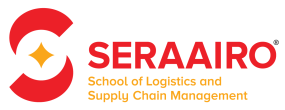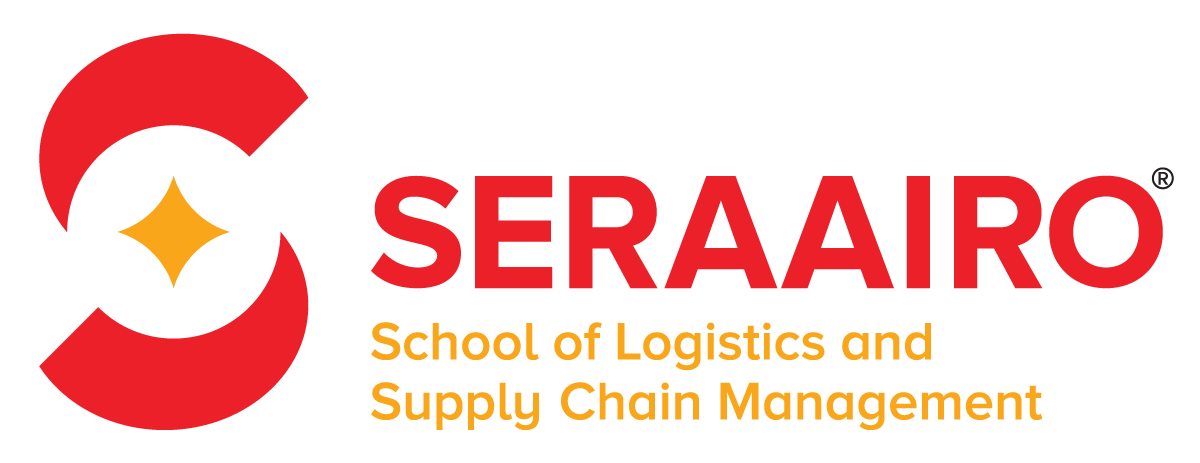ABOUT Seraairo
Profile
As a result of technological and societal developments, the logistics and supply chain systems are changing fundamentally. Today, the Logistics and Supply Chain Sector is highly defragmented and very complex. It is still far from being ideal. This in turn poses new demands on academic learning as well as on-the-job training programs for logistics and supply chain management.
Looking at the constraints and challenges in the logistics and supply chain sector, this school has been started with an objective of setting high standards in logistics and supply chain education offering a wide variety of opportunities to students towards the ever-growing logistics market. The Indian logistics market is expected to reach about USD 215 billion in 2020, growing at a compound annual growth rate of 10.5 percent. As per the Economic Survey 2017-18, the Indian logistics sector provides livelihood to more than 22 million people.
In adherence to the upcoming National Logistics Policy in India, this School is committed to make significant contributions through education and develop the best professionals in logistics and supply chain sector.
Vision
To Be a Reputed & Reliable Institution to Impart Employable Education With Application Orientation Towards Individual’s Career Aspirations in Different Arenas of Logistics & Supply Chain Industry and International Trade.
Mission
1. With a Right Mix of Industry & Academic Expertise, Provide Quality Education for Industry-ready Candidates
2. By Providing Internships, to Appreciate & Understand Practical Aspects of Theoretical Classroom Sessions
3. In Addition to Curricular Activities, Promote Co-curricular & Extra-curricular Activities to Give All-round Exposure to Face the Outside World
4. Through Mentorship, Inculcate Entrepreneurship & Startup Culture
5. Through Interface With Industry, Keep Updating the Latest Happening Around Us

V.Srinath
Founder & Chairman, SERAAIRO
B.E., M.B.A (IIM, Ahmedabad)
Message From the Chairman
“Aiming to be a world leader in logistics management education and research, SERAAIRO School of Logistics and Supply Chain Management is the place which bridges the gap between the required skills and industrial experience. Our Programs will enlighten you with important trends and developments in industry and refine your focus on the supply chain approach by blending the theory with practical applications. We are constantly working to build the framework that develops the knowledge and skills required for a successful and rewarding career in logistics and supply chain management. Join our community and take your place in the world of logistics and supply chain.”
MEssage From the Director
“We have started SERAAIRO School of Logistics and Supply Chain Management for imparting in‐depth experiential learning to the students. Been involved in the regular day-to-day activities of the logistics company, I have gained huge experience in this area and know the practical issues faced by the stakeholders. Even though we have trained many students, we realized that they have no clear knowledge of the subject. With the objective of creating a foundational roadmap for students, SERAAIRO will create outstanding and effective programs to develop world-in-class professionals in this field.”

S.Shanthi
Director, SERAAIRO
B.E.
Our Faculty
The SERAAIRO School of Logistics and Supply Chain Management is founded by the senior logistics and supply chain professionals who have been working in this field for the past 20 years. The faculty has been appointed both from academics and industry on the basis of their professional skill and knowledge of the subject to disseminate the desired skills and knowledge required by the industry.
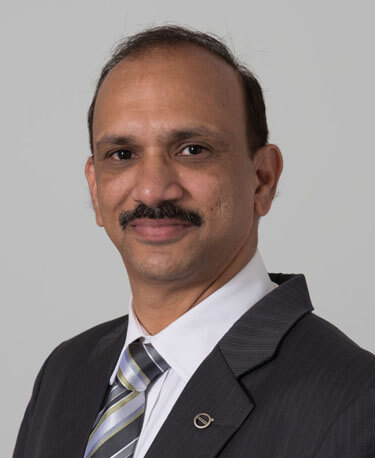
G.Mukund
Operations & Supply Chain

Dr.Karthikeyan Lenin
International Business
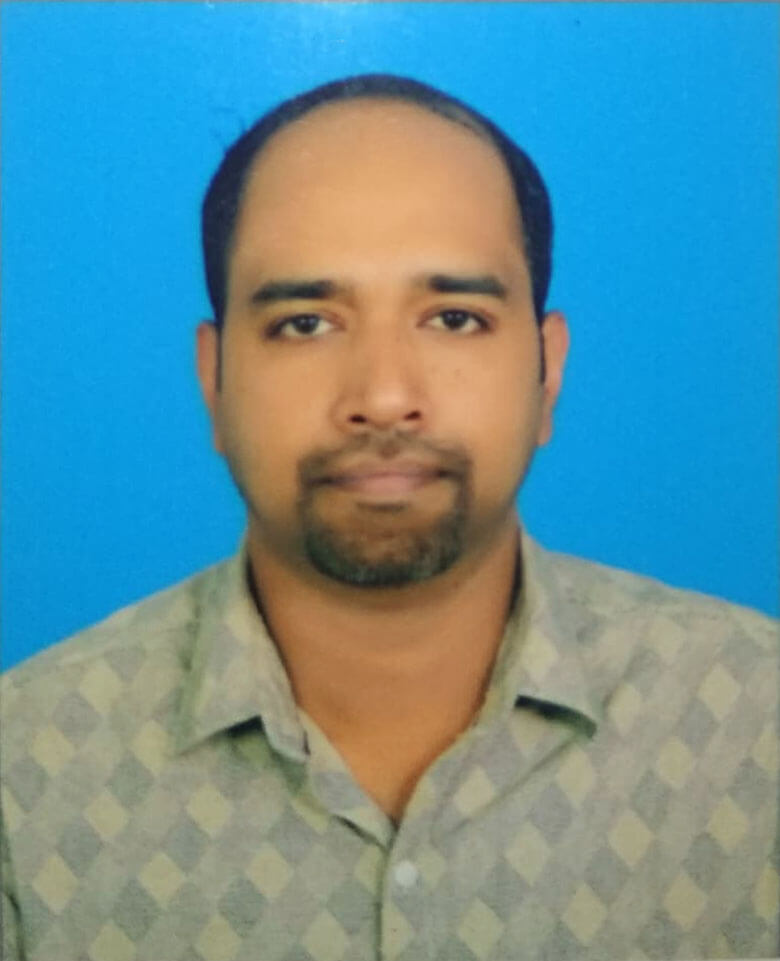
Sham Sunder
Customs Clearance & Shipping
Accreditation
National Centre for Vocational and Technical Education (Govt. of India)
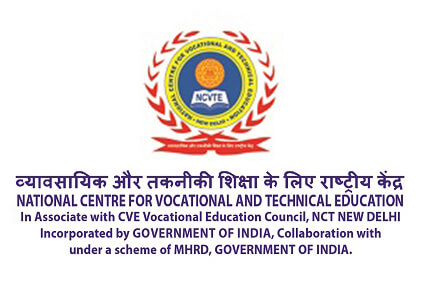

The decision to seek accreditation was linked to a desire to benchmark our strategies and processes against global norms in business education and the awards confirm that SERAAIRO’s programmes and management meet or exceed industry standards.
The accreditation of the school is driven by a commitment to a more general global programme to improve the quality of logistics and supply chain management education. Both processes involved a self-assessment analysis followed by an external audit.
